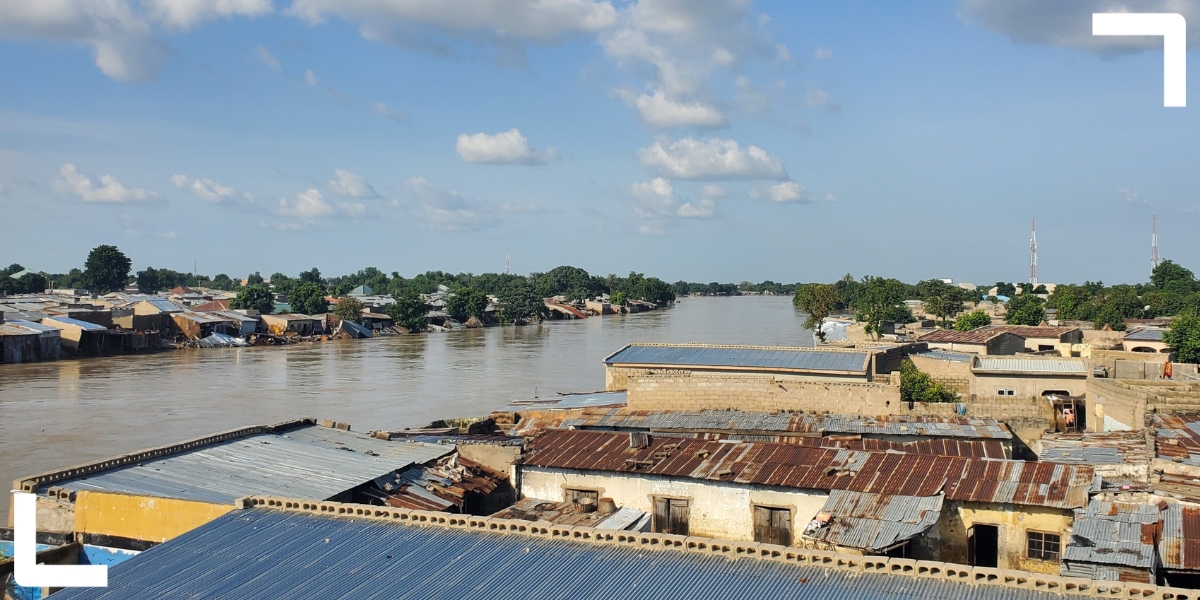Over two months after an outpouring of financial pledges to support relief efforts in the wake of the devastating floods that struck Nigeria’s northeastern Borno State in September, officials have told newsmen that some donors have yet to fulfil their commitments.
The floods damaged or destroyed thousands of homes and large swaths of farmland, roads, and other critical infrastructure.
The widespread flooding was triggered by heavy rains, which caused structural damage in the Bama, Damboa, and Gwoza local government areas of the state, leading to the overflow and collapse of the Alau Dam.
Officials said the flash floods covered a significant part of the state with major impacts recorded in Maiduguri, Jere, Konduga, and Mafa local government areas.
In the aftermath of the disaster, government agencies and other bodies, private sector leaders, non-governmental organisations, the Swiss government, and the United Nations pledged and donated billions of naira and foodstuff to support the people and government of the devastated state.
This still left approximately N5 billion in unfulfilled pledges, as the committee was scheduled to wind up the distribution of relief materials today (20 November).
Meanwhile, the officials declined to provide a detailed breakdown of the sources of the funds received and the outstanding amounts.
The devastating flood in Maiduguri left a trail of suffering and loss of lives in its wake, and its full toll on individual lives and communities has yet to be fully grasped. The scale of the affected area is huge, with nearly 500,000 residents driven away from their homes.
Some areas have been hit worse than others. Residents from Fori, Gwange, Lagos and Custom bridges linking Mairi, Alau, Gwange and Galtimari wards in Maiduguri Metropolitan Council and Jere Local Government Area were forced to flee their homes as the waters engulfed their communities.


